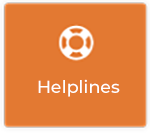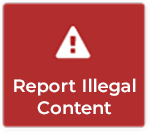Digital Literacy: Communication Skills
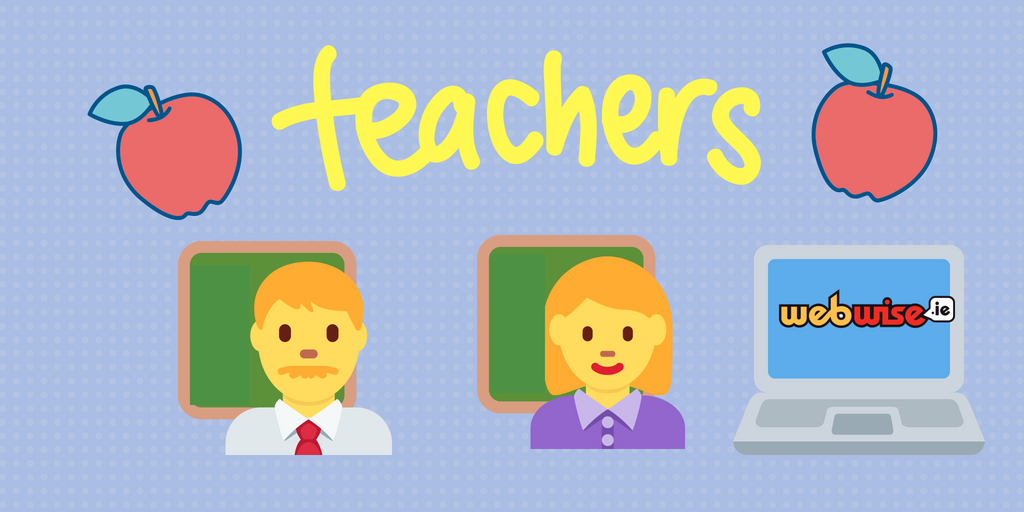
As a teacher, you can help your students to become competent and responsible digital citizens that can navigate the intricacies of communication now part of the digital environment.
Educating your students about their digital footprint and respectful online communication will help them curate a safe social media presence.
Communication has come a long way, there are now more ways of communicating than ever before.
Often children know how to use newer forms of communication intuitively but we can still provide guidance on how they can communicate, both effectively and safely online.
In your class, come up with a list of ways we communicate online. Here are a few examples:
- Social networking sites (Facebook, Twitter, and Instagram)
- Instant Messaging Services (Messenger/Whatsapp/Viber/Snapchat)
- Video/Audio Conferencing Services (Skype/FaceTime)
- Live streaming (Facebook, YouTube, Netflix)
- Blogs
- Vlogs (YouTube)
- Email (Gmail, Outlook, Yahoo, Live)
- Chatrooms
- Online Gaming (text and audio communication)
- Forums
- Dating Sites (Tinder, PoF)
What We Share Online:
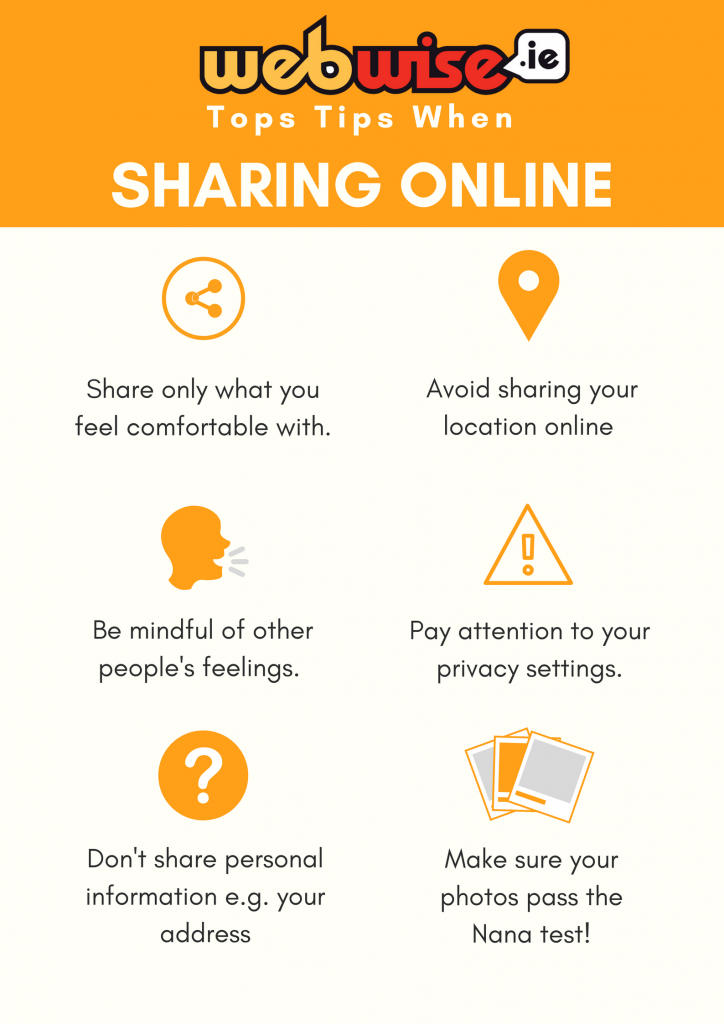
Young people are spending more time online and can often not realise how much information they are actually sharing with the world.
Help your students practice safe online communication by making them aware of our top tips to consider when sharing online.
1. Share only what you are comfortable with. Make sure you have permission to post pictures of other people and that they have yours before posting.
2. It may sound obvious but some people may not realise the risks of sharing their location online. Lots of apps now allow us to share exactly where we are at that moment in time. Opt out of location services – unless you want the world to know exactly where you are at all times.
3. If you wouldn’t say something to someone in person, then don’t say it online. Be mindful of other people’s feelings. Try and keep feelings for face to faces encounters. Cyberbullying is no joke and what we may think might be harmless fun may be hurtful to someone else.
4. It’s always a good idea to regularly check your privacy settings to ensure your details are kept private. Make sure you check who is following you and how much of your information they can see.
5. Try to avoid posting information that could be used to find you offline – without meaning to, you can give away information that could help someone to find you. Don’t give away your information, be careful of posting pictures with full details like number plates, gig tickets with the barcodes, full addresses or your email address.
6. Make sure your photos and posts pass the Nana Test– if you wouldn’t show it to your granny then it probably shouldn’t be online! Be aware that people can put together information from photographs- a photo of your 18th birthday party can give them your date of birth. Be careful of identifiable landmarks like street signs near your home.
How We Share:
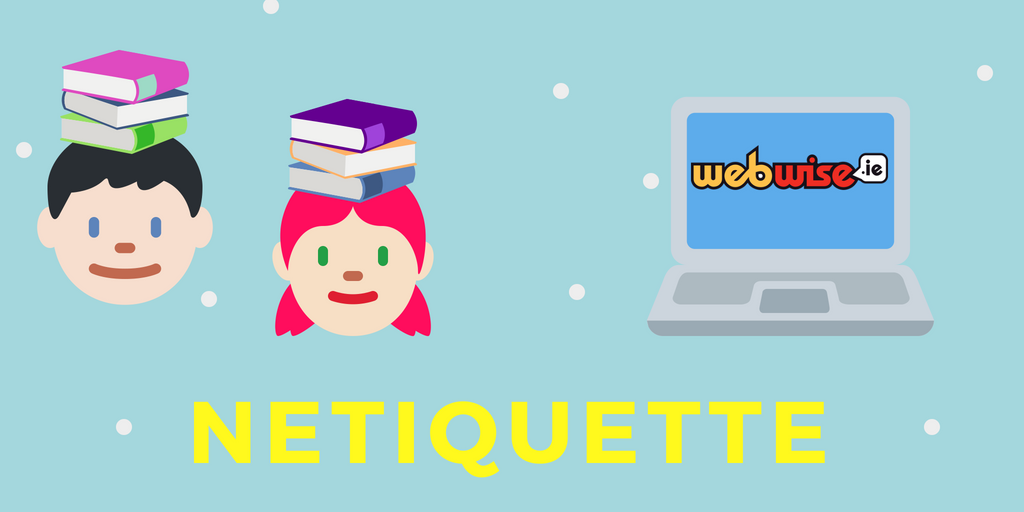
Netiquette is “the rules of correct or polite behaviour among people using the Internet” (Oxford Learner’s Dictionary)
Teachers can use this idea to create their own class ‘netiquette’.
Download our free ‘Netiquette’ classroom worksheet for younger learners!
Here are some simple rules for making sure you interact politely while online to get you started:
1. Behaviour: Be respectful of other people’s views online. Keep these feelings for face-to-face scenarios. Your voice online is not unlike a ‘digital tattoo’ that may represent you for years to come. Avoid online trolls or cyberbullies, don’t engage with them.
2. Language: Think before you click… the online world is different to the offline world. Language can often be misinterpreted for example using exclamation points, capital letters and even emojis can have very different meanings.
3. Timing: Stay to on-topic and try not change the subject too dramatically, especially if you are new.
4. Copyright: Make sure you have permission to post other peoples’ photos, artwork or music. Do not take credit for other people’s work. There may be legal implications to using copyrighted material.
5. Content: Do your own research! Try and find the answers before you ask for help and make sure you ask the right people in the right forum. Use your critical thinking skills to assess real and fake content before sharing it on.




